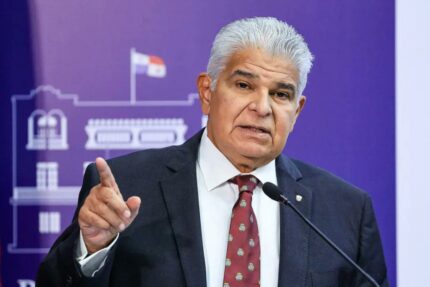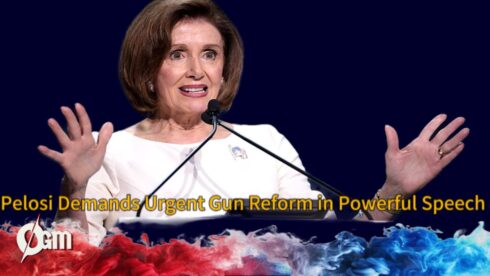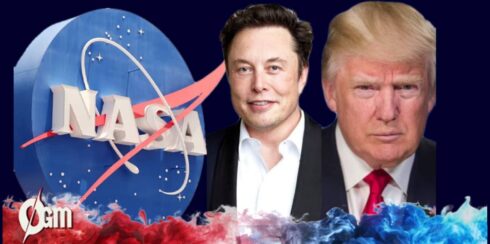Panamanian President José Raúl Mulino has firmly rejected claims by U.S. president-elect Donald Trump that Chinese soldiers are operating within the Panama Canal. Trump, known for his provocative statements, alleged on his Truth Social account that China has a military presence in the canal, writing, “Merry Christmas to all, including to the wonderful soldiers of China, who are lovingly, but illegally, operating the Panama Canal.”
In response, Mulino labeled the assertion as “nonsense” during a press briefing in Panama City. “There is not a single Chinese soldier in the canal,” he declared, emphasizing that the canal remains under Panama’s exclusive control. Trump’s allegations come amid his threats to reclaim the canal for the United States, citing exorbitant shipping tolls charged by Panama. Mulino unequivocally dismissed these threats, reaffirming Panama’s sovereignty and rejecting any possibility of reducing tolls or negotiating the canal’s control.
Panama Asserts Sovereignty Over the Canal
President Mulino made it clear that the Panama Canal is a national asset and will remain under Panamanian jurisdiction. “The canal is Panamanian and belongs to Panamanians. There’s no possibility of opening any kind of conversation around this reality,” he stated. The canal, a vital shipping route connecting the Atlantic and Pacific Oceans, has been under Panama’s full control since 1999, following decades of U.S.-Panama treaties that gradually transferred its administration.
Mulino also addressed Panama’s diplomatic ties with China, which were established in 2017 after the nation severed relations with Taiwan. He described Panama-China relations as “respectful and well-managed,” highlighting mutual interests without compromising Panama’s independence. Mulino’s comments aim to reassure the international community and counter Trump’s narrative of Chinese interference.
Trump’s Diplomatic Moves and Persistent Criticism
As part of his broader criticism of Panama, Trump announced his intention to nominate Kevin Marino Cabrera, a Republican commissioner from Florida, as the U.S. ambassador to Panama. Cabrera, a staunch Trump ally, played a key role in the former president’s 2020 campaign. Trump expressed confidence in Cabrera’s ability to “represent our Nation’s interests in Panama” in a Christmas Day post on Truth Social.
During a rally with conservative supporters, Trump further criticized Panama’s shipping fees, calling them “ridiculous” and “highly unfair.” He threatened to demand the canal’s return if tolls are not reduced, claiming the U.S. must prevent the canal from “falling into the wrong hands,” specifically citing China’s influence. These remarks align with Trump’s broader narrative of protecting U.S. interests against perceived foreign threats.
Panama Canal: A Strategic and Economic Lifeline
The Panama Canal remains a critical global shipping route, facilitating the transit of approximately 14,000 ships annually over its 51-mile length. It handles cargo such as automobiles, natural gas, and military equipment, making it indispensable for international trade. The canal’s management and toll system have recently faced scrutiny due to increased fees attributed to a historic drought, as reported by Lloyd’s List, a shipping industry resource.
China, the second-largest user of the canal after the U.S., has significant investments in Panama, including ports at the canal’s entrances managed by Hong Kong-based CK Hutchison Holdings. However, Mulino firmly denied any foreign interference, underscoring Panama’s commitment to maintaining the canal’s neutrality and operational independence.
As Trump’s comments continue to spark international debate, Panama stands resolute in defending its sovereignty and the strategic significance of the canal, a symbol of its national pride and economic lifeline.
Political Developments and Future Implications
The controversy has coincided with Trump’s nomination of Kevin Marino Cabrera, a Republican commissioner from Miami-Dade County, as his potential ambassador to Panama. Cabrera, who worked on Trump’s 2020 campaign and served as Florida’s representative to the Republican National Committee, was announced as the nominee in a Christmas Day social media post.
This diplomatic appointment comes amid broader statements from Trump about territorial expansion, including suggestions about annexing Greenland and Canada. While the practicality and seriousness of these proposals remain unclear, they reflect escalating tensions in U.S.-Panama relations and raise questions about future diplomatic interactions between the two nations should Trump return to office.














